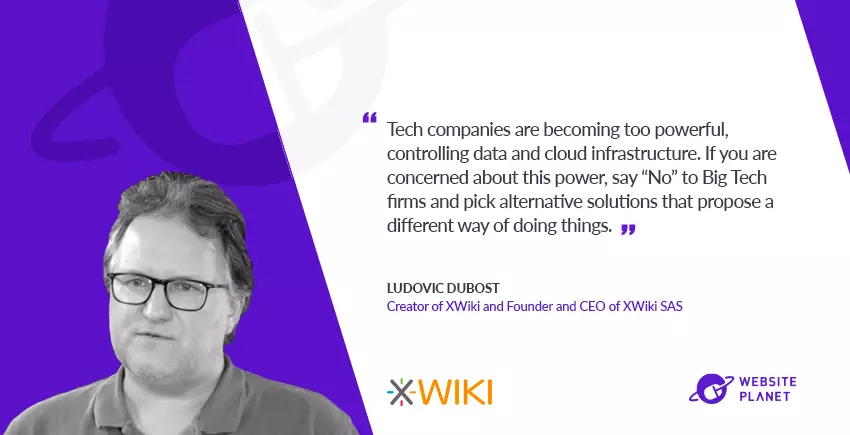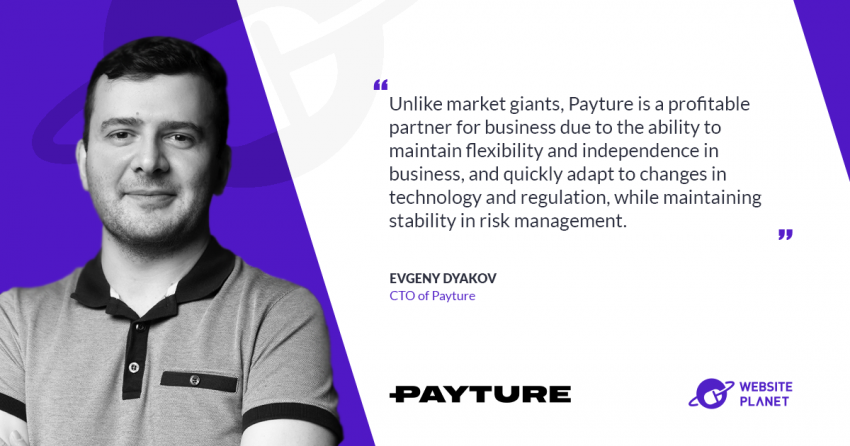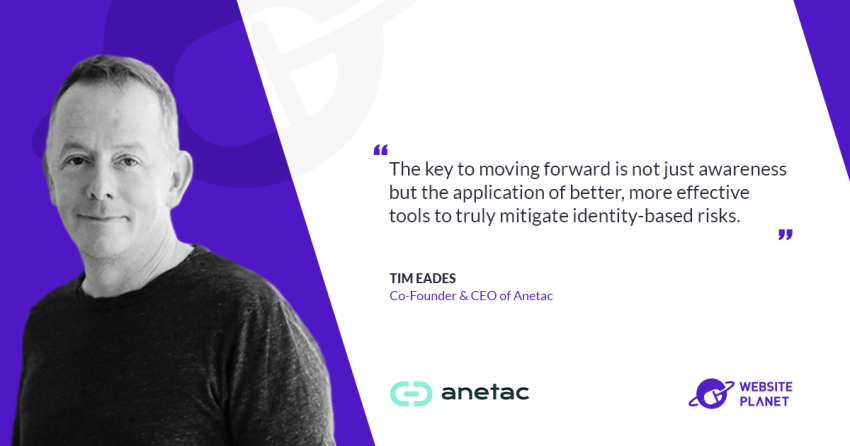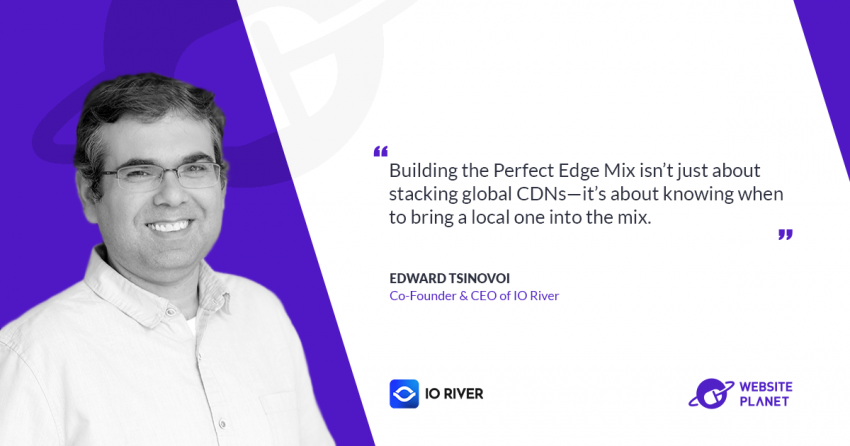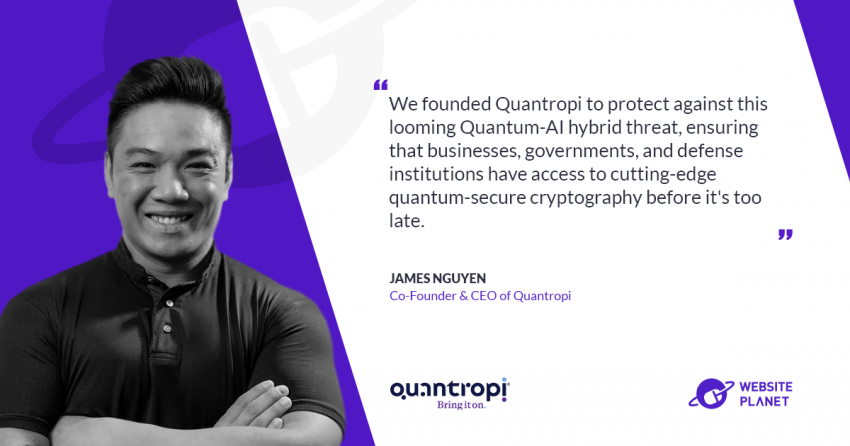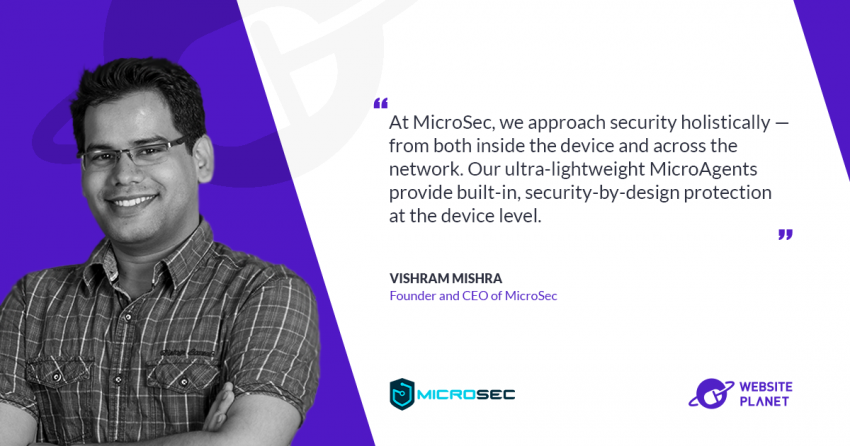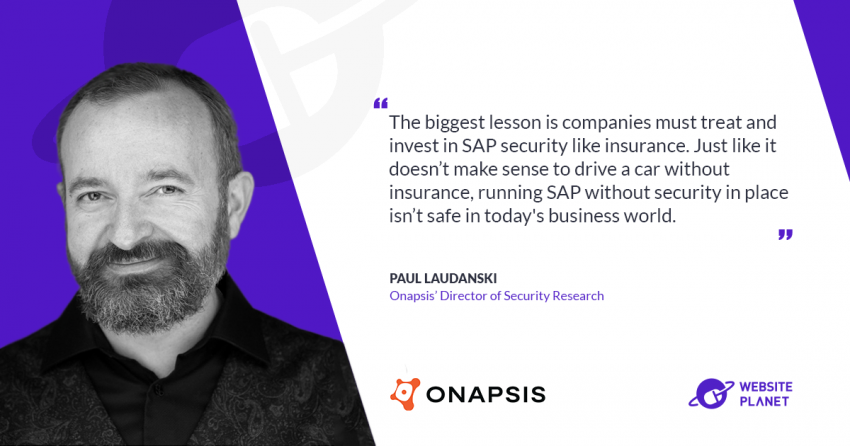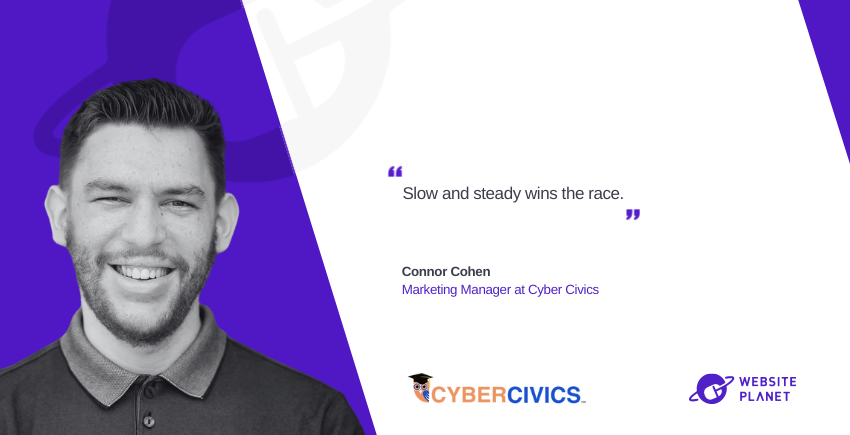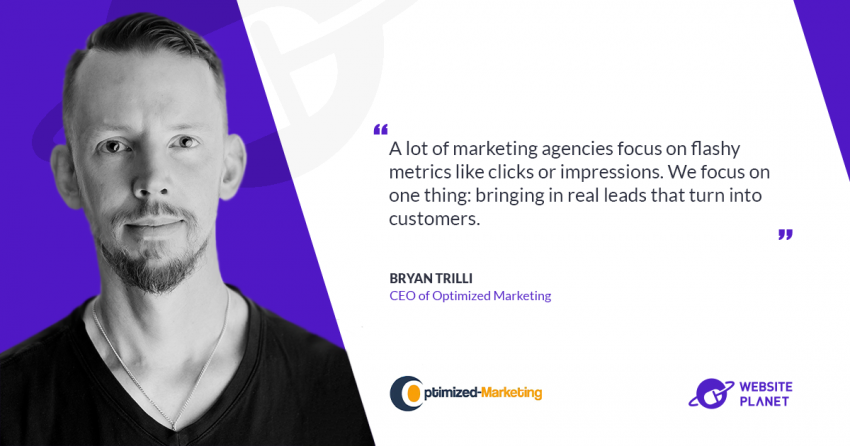About Ludovic Dubost
Creator of XWiki and the Founder and CEO of XWiki SAS. He started XWiki 19 years ago as an open-source Wiki engine to improve collaboration and information sharing, then expanded with CryptPad, an end-to-end encrypted real-time document editing platform.
The story of Ludovic Dubost and XWiki
In 2003, as I left my previous company, an audience measurement startup, where I was CTO, I wanted to create something new. I had always been interested in web and intranet software from my time at Netscape as a Consultant. As I discovered and implemented a wiki and was amazed at how it changed collaboration and information sharing for my team, I decided to create a wiki engine based on what I had learned as a user. The wiki engine I was using at the time (Twiki or FOSWiki since it was forked since then), was lacking the capacity to structure data, and I felt it had technical implementation weaknesses. After 6 months of work on my own, I had the first version that I published as open source and created a free wiki service online. XWiki was born. I then started to make it known, get users to install it, and advertise its extension capabilities to build collaborative websites on top of XWiki. I got my first service clients, which allowed me to make revenue and fund improving the software. These were the beginnings 19 years ago, and since 2003 we have become a 50 people company, with more than 7000 worldwide organizations using XWiki and with 500+ customers of all sizes. Our XWiki platform is used internally by Amazon, which funded some development, and Lenovo, which uses it as a knowledge base. Furthermore, XWiki is available for self-hosting and also as a cloud service. Finally, as part of research projects, we have started a new software product, CryptPad, aiming to allow end-to-end encrypted real-time document editing and collaboration. In 2016, we launched a prototype online, and in 2018, we decided to continue the project and launch the cryptpad.fr service. CryptPad.fr has now 50,000 weekly users and more than a million pads open/month. Since it’s an open-source project, almost 800 other instances are currently in use.What is your current take on the balance between centralization and decentralization? How has it changed since 2020?
The Internet has been thought to be decentralized, with protocols created to allow interoperability. Unfortunately, over the course of time, websites have replaced protocols, and economic market forces are pushing to recentralize the Internet, promising users that everything will be fine. Since 2020, we see that Big Tech companies have even increased their power and their stronghold on users and companies. Their financial power allows them to silence competition. However, that competition exists. You have many providers of alternatives, which allow much more freedom, whether it is through Open Protocols, standards, or open source. CryptPad, for instance, proposes an open-source alternative to centralized document editing platforms. All our code is open, and anybody can install our solution on their own servers. We are also receiving support as we also see new regulations (such as DSA and DMA in Europe) that are questioning the power of the Tech Giants and trying to recreate more competition.Have you noticed any significant regulatory changes or policy shifts related to data privacy and technology that have impacted your industry as a whole?
In Europe, the DSA and DMA are now in place, and we are starting to see the first action related to them. Big Tech is already fighting the new obligations towards “Gatekeepers” that these new regulations include. While we believe these regulations will take a long time to change the market dynamics, this is a step in the right direction. We also closely follow the EU-US Data Privacy Framework. We believe that the data privacy of European Users is not protected if data transfers to the US are allowed. The Cloud Act in the US provides way too many “secret” powers to the US Government to access private data or European Citizens or Residents. In Europe, we are also very concerned about the “Chat Control” proposal that endangers the use of end-to-end encryption and, therefore, the protection of data in general. Our industry is seeing a lot of attention, which is to be expected given the importance of technology in our lives. However, it is yet unclear how the new regulations will effectively increase data protection. In our case, we try to focus more on the software itself and provide software that any individual or organization can use freely to protect their data. We believe that this contribution is essential for the future of data protection.Have you seen any notable advancements in the adoption and funding of decentralized and open-source technologies?
I could speak about a few notable advancements, and that is also thanks to funding, namely:- openDesk project: This project aims to create a 100% open-source, secure, decentralized, and privacy-respecting environment for the German public administration. This project reunites 8 well-known niche open-source software providers (XWiki, Nextcloud, Collabora Office, Element (Matrix), Open-Xchange (OX), OpenProject, Nordeck (Jitsi), and Univention), and we are thrilled to be part of it since it aligns with digital sovereignty principles;
- France’s 2030 cloud strategy: The project also provides funding for sovereign solutions in Europe, and it engages 3 consortiums comprised of 39 partners of which both XWiki and CryptPad are part. However, not all the work done in these projects is open source. Even so, we are a major partner, and we will be able to improve our solutions thanks to these programs;
- The NGI Program (ngi.eu) continues to provide funding to open-source solutions. Organizations such as NLNet, OW2, or Aarhus University are managing some Open Calls from NGI and provide regular funding to open-source solutions. At XWiki, we have just recently won 150k funding to work on WAISE (Wiki Artificial Intelligence Search Engine) to allow the creation of “natural language search” based on LLMs.
What strategies have worked best so far to sustain the funding and development of open-source projects?
There certainly isn’t a one-size-fits-all approach here, but I can speak for XWiki and CryptPad. What we did in the beginning for XWiki was a mix of providing service on top of the product and then being paid to improve it. Along the way, we found other ways in which to sustain the product and that is:- Educating our customers on various touch points so that they understand why it’s important to pay for open-source and free software. The real value of open-source software is not the fact that you could try to avoid paying providers, but really the transparency of the software and the collaboration which is happening on the software itself
- Offering the option of 3-year deals and different prices for customers that have support contracts versus customers that haven’t purchased this. This approach has helped us create long term relationships with our customers and helps support the development of the product
- Have business-ready extensions included in the subscription. At XWiki we publish all the source code of our business ready extensions but only provide them as paying extensions through our extension store.
- Providing a Cloud service is also an important approach which allows to relate directly with the customers and users (paying and free)
- Research funding and customer paid R&D
